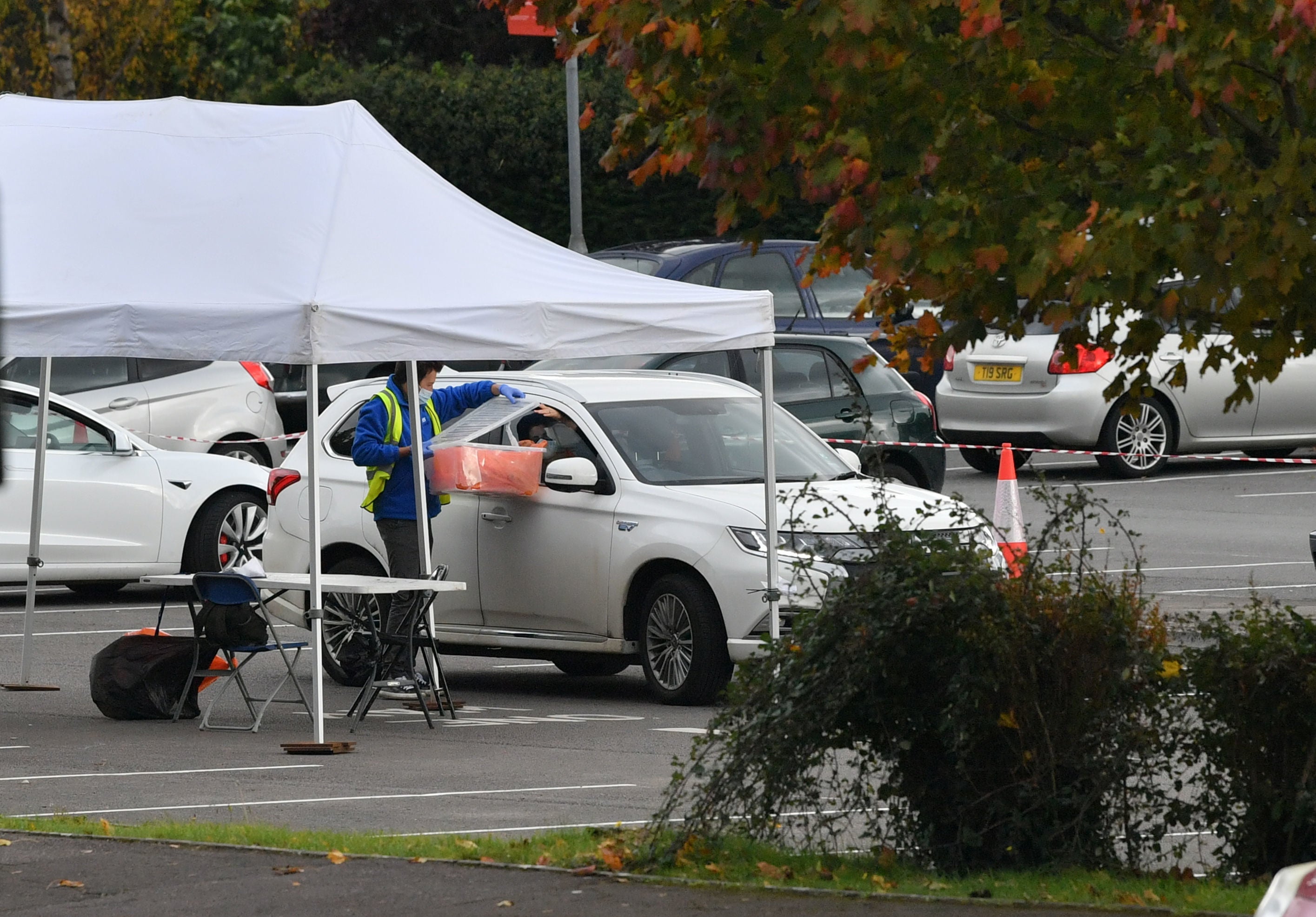Coronavirus: Thousands of contacts still to be traced after IT blunder
Downing Street says 63 per cent out of more than 15,800 cases now dealt with

Your support helps us to tell the story
From reproductive rights to climate change to Big Tech, The Independent is on the ground when the story is developing. Whether it's investigating the financials of Elon Musk's pro-Trump PAC or producing our latest documentary, 'The A Word', which shines a light on the American women fighting for reproductive rights, we know how important it is to parse out the facts from the messaging.
At such a critical moment in US history, we need reporters on the ground. Your donation allows us to keep sending journalists to speak to both sides of the story.
The Independent is trusted by Americans across the entire political spectrum. And unlike many other quality news outlets, we choose not to lock Americans out of our reporting and analysis with paywalls. We believe quality journalism should be available to everyone, paid for by those who can afford it.
Your support makes all the difference.Thousands of people who came into close contact with coronavirus sufferers have still not been reached, after an IT blunder meant that large numbers of cases went missing.
A massive effort was launched to trace the potentially infected individuals after Public Health England revealed that 15,841 cases had not been registered between 25 September and 2 October.
With each infected person reporting an average of around three close contacts, it is thought that as many as 48,000 people need to be traced and told to self-isolate.
Downing Street today said that the process had been completed in 63 per cent of the cases.
But that leaves 37 per cent which have not been dealt with, potentially involving around 17,500 people.
“Sixty-three per cent of cases have been successfully completed, that includes individuals being contacted and a survey of their contacts being completed," prime minister Boris Johnson’s official spokesman said.
“They continue to work through the cases urgently. They are using additional tracers and they are continuing to contact people and get details of their contacts.
"Over the course of the last 24 hours we have made some progress in that regard.”
It is understood the problem was caused by an outdated Excel spreadsheet, which reached its maximum file size.
Health Secretary Matt Hancock told MPs on Monday that the blunder "should never have happened" but it was being dealt with urgently.
Join our commenting forum
Join thought-provoking conversations, follow other Independent readers and see their replies
0Comments